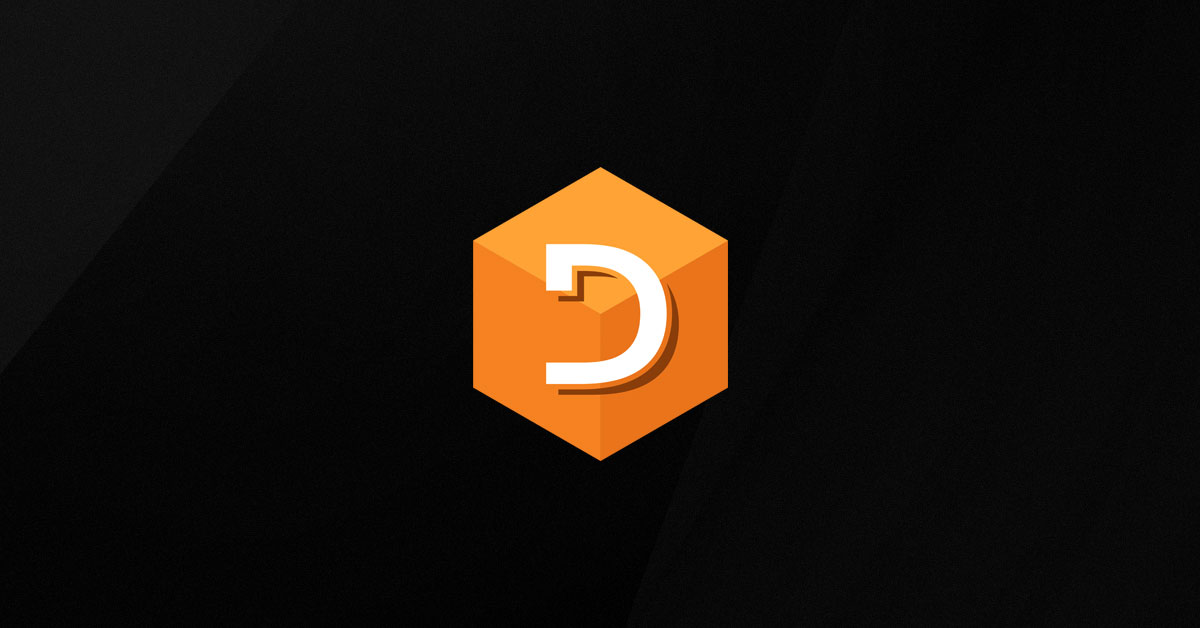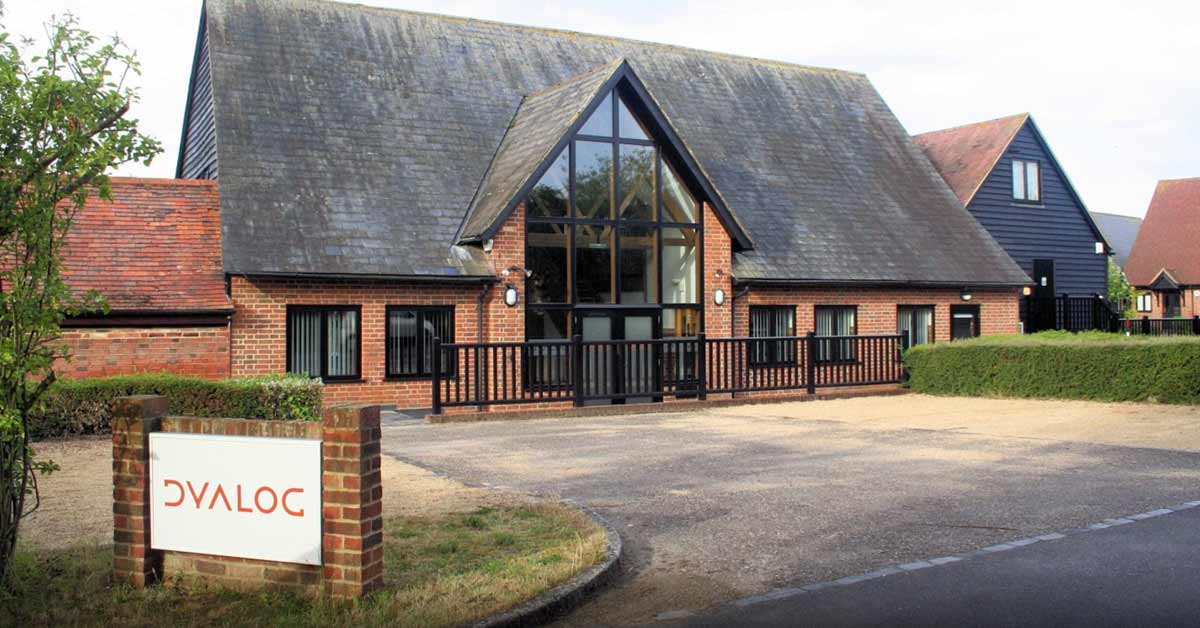Dyalog APL introduced their new communication toolbox Conga a few years back. This week they are presenting the latest (upcoming) version 3.0 in the annual Dyalog user meeting (this year in Glasgow), which promises enhanced features such as built in http and websocket support. I got my hands on an early build with the aim of testing the new features … Read More
RegEx with ⎕R and ]locate
When the British APL Association met in August Dan Baronet gave us a taster for the sort of thing that could be done with RegEx in Dyalog. I have a recording I am cleaning up but in the meantime here is a taster. First create a formatting function to push a string through ⎕xml twice just to make it easier … Read More
APL sounds good – Part 2: Transformers
One thing that I find really interesting and impressive about the APL language is the way it transforms traditional programming language into a succinct notation. Take for example the typical mean calculation. In traditional languages: total = 0 for i in x total = total + x mean = total / length of x and in APL: mean←(+/÷≢)x The APL … Read More
APL sounds good – Part 1
My first hobby code project in APL was signal processing tools. It was something I had studied in university and felt like a good candidate for APL programming. When I saw a question about sound in APL in the Dyalog forum recently, it rekindled my interest and I decided to explore the domain again, 10 years later. The question posed … Read More
Sliding down memory lane
I often got frustrated with puzzles as a child. Not in the sense that I couldn’t do them, but that I would never be satisfied until I could find a solution. It’s that kind of persistence which led me to propose this problem:Sliding puzzles (Read about them on Wikipedia), like the one pictured above, are something I remember from my … Read More
Dyalog announce Dyalog 15.0
Dyalog today announced that version 15.0 is now available on all platforms and includes performance enhancements, new system functions, improved look and feel and a new RIDE (and lots more!). NOTE: Personal/Non-Commercial use of Dyalog APL is now completely free. The non-commercial system is a fully functional 64-bit Unicode interpreter, except on the Raspberry Pi where it remains a 32-bit … Read More
Just meshing around
I was working on phase one of the Dyalog Problem Solving contest for students, and I came across a problem that gave me a bit of trouble: Write a dfn that takes vectors as its left and right arguments and returns them “meshed” into a single vector formed by alternately taking successive elements from each argument. The arguments do not … Read More
Needleinahaystack
The Problem A string of text has had all of the spaces removed: This e-mail is confidential and may be privileged. If you have received it in error, please contact the sender immediately by return e-mail then delete the e-mail and do not disclose its contents to any person. Becomes Thise-mailisconfidentialandmaybeprivileged.Ifyouhavereceiveditinerror,pleasecontactthesenderimmediatelybyreturne-mailthendeletethee-mailanddonotdiscloseitscontentstoanyperson. How do we get the words back? Suggested Approach … Read More
Experiences on the Dyalog APL Training Course
The journey there Crawley to Bramley isn’t supposed to be the most complicated journey in the world, yet somehow it turned out to be for us. My mum decided that she’d take me up there to spare me the pain of public transport. With conductor strikes and England’s train system being a bit of a mess in general, I tried … Read More
Neural Networks and APL
‘Neural Network’ is a term becoming very popular in the computing business at the moment. Big technology companies are sinking large sums of money into researching, building, and harnessing neural networks. But what exactly are they and what are they used for? An Introduction to Neural Networks A quick Google search will instantly tell you that neural networks not only … Read More
BAA announce free one day seminar
The British APL Association is pleased to announce a free one day seminar on Friday 20th May 2016 in The Tavern Room at the RSA London. The event will include Guest Speakers, Workshops and a chance to Network. The BAA AGM will also be on the day. A light lunch and refreshments throughout are included with your registration. ALL ATTENDEES … Read More
Tricky Triangle Trivia
For this week’s problem we’ve sought inspiration from Project Euler. I’ve been working through the problems there and got the group involved where I’ve struggled. This particular problem is one that we’ve yet to find a satisfying solution to. So we’re looking to the APL community for help. Highly divisible triangular number Problem 12 The sequence of triangle numbers is … Read More
Image filters in APL
Real World Application for Images Filters Today we live in a very competitive world. Each company wants you to buy it’s product and more than likely, they have a competitor. So how do we decide which product to buy? A lot of it comes down to advertising and how the different companies market their products. Magazines, TV ads, models, these … Read More
Counting cards in APL
When I first started APL in August 2012, I was pointed in the direction of the annual International APL Problem Solving Competition run by Dyalog. I used it as method to practice what I had learnt. While I looked at the problems I saw one based on the poker game Texas hold ’em. It revolved around calculating the value of a hand with … Read More
The skirting board problem – Solved
This problem looks deceptively simple at first glance, but in the science of optimisation it is actually considered a hard problem to solve as the time to calculate a solution increases exponentially with the size of the problem. Ignoring that I focused on coding an algorithm to find the solution for the given input. After some considerable thought and experimentation … Read More














